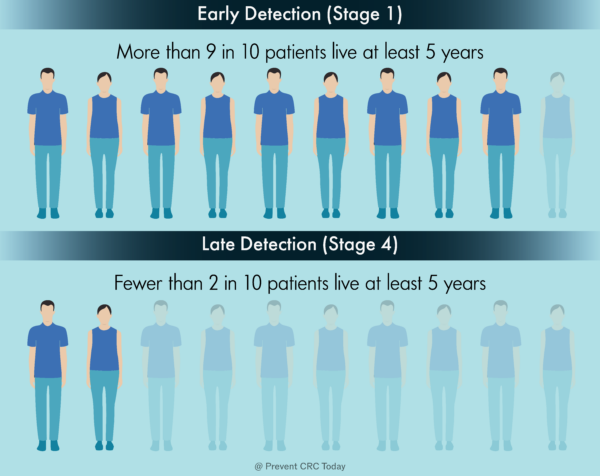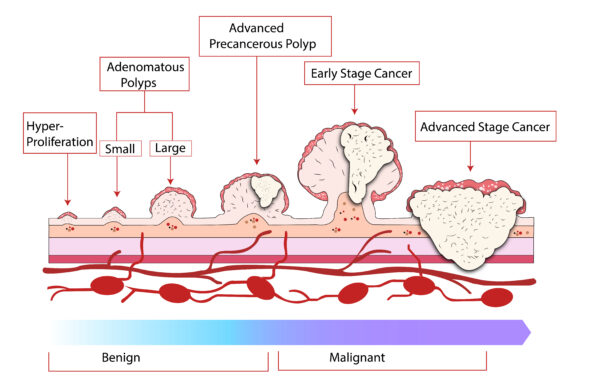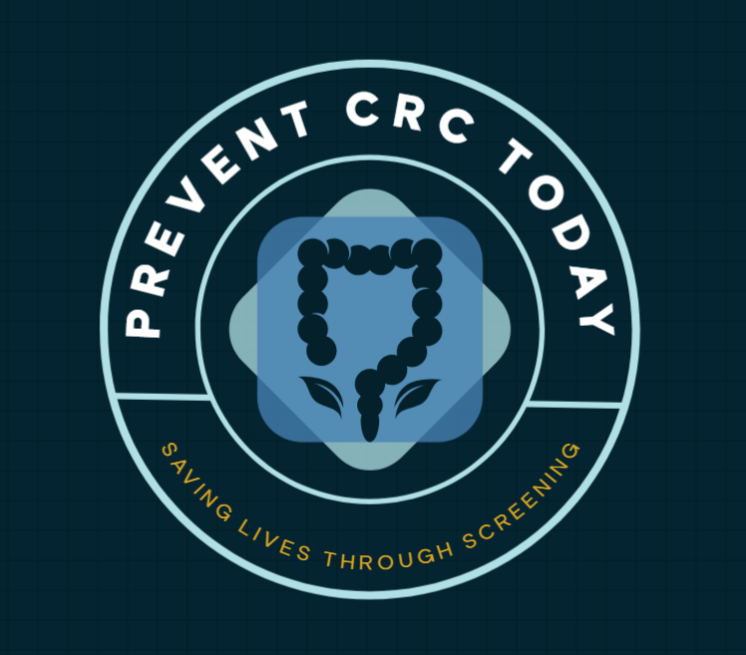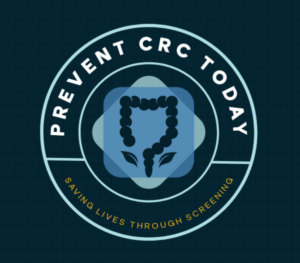Prevent
Colorectal Cancer Through Screening

Colorectal Cancer Facts and Figures
- Colorectal cancer is the second leading cause of cancer deaths in the U.S., with 150,000+ cases each year.
- Rates in adults under 50 have increased 15% in the past decade, now making up 12% of all diagnoses, often at later stages.
- Common symptoms: rectal bleeding, abdominal pain, weight loss, bowel changes.
- Contributing factors: poor diet, inactivity, obesity, smoking.
- Lifetime risk: 1 in 23 men, 1 in 26 women.

Screening Guidelines
45 is the New 50
Screening now begins at age 45 for average-risk individuals to detect colorectal cancer earlier and remove precancerous polyps before they progress.
Risk Factors
Some people may need to start colorectal cancer screening before age 45. Risk factors include a family history of colorectal cancer or polyps, inflammatory bowel disease, or genetic conditions like Lynch syndrome. Talk with your healthcare provider to determine the right time to begin screening.
When to Stop
Routine colorectal cancer screening is generally recommended until age 75, depending on overall health and life expectancy. For adults aged 76–85, screening should be individualized based on health and prior screenings. Talk with your healthcare provider to decide what’s best for you.
The Importance of Early Detection

Survival outcomes are greatly improved when diagnosed at an early stage.
- The earliest stage cancers can typically be treated with resection, either surgically or even during a colonoscopy.
- Survival rates exceed 95% when caught early but fall below 15% for advanced stages.
- Following screening recommendations greatly increases the chances of detecting colon cancer when it’s most treatable.
Preventing Colon Cancer
- Most colorectal cancers develop from precancerous polyps.
- Screening allows polyps to be found and removed before they turn cancerous.
- Regular screening can prevent 60–70% of cases and is key to detecting new polyps early.
- Positive results from non-invasive screening tests, such as FIT or Cologuard, must be followed by a colonoscopy to complete the screening process and confirm any findings.



